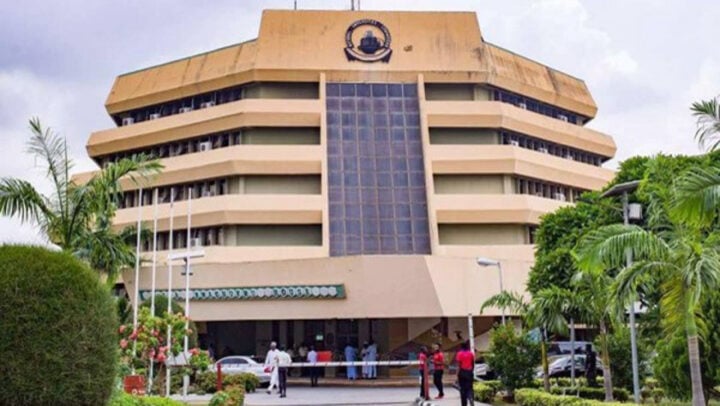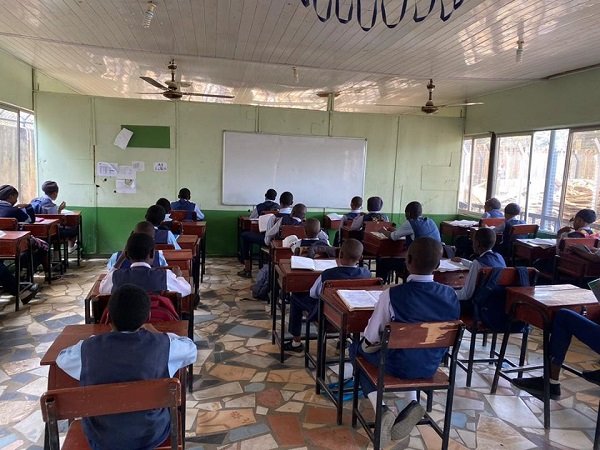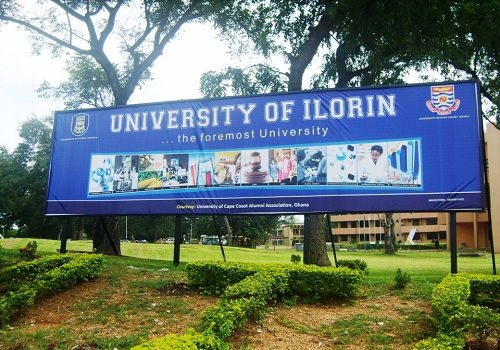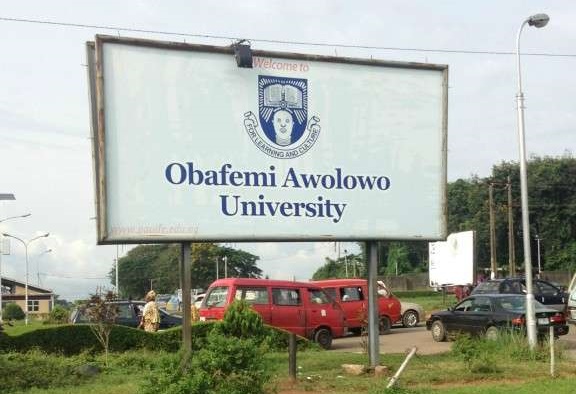The National Universities Commission (NUC) has disowned a viral list naming 100 professors in Nigeria as fake.
Last week, a list purported to be from the NUC named 100 professors cutting across both private and public universities, as fake.
Institutions including the University of Ibadan, University of Ilorin, Covenant University, Obafemi Awolowo University, University of Lagos, Usman Danfodiyo University, and the University of Nigeria, were named as harbouring these phoney academics.
Other institutions named were Ahmadu Bello University, Redeemer’s University, and University of Port Harcourt.
Advertisement
The list has prompted a slew of reactions from the managements of these tertiary institutions.
In a statement signed by Chris Maiyaki, the acting executive secretary of the NUC, the commission disowned the viral list.
“They are fake, untrue, and a figment of the imagination of the authors,” the commission said.
Advertisement
NUC clarified that it initiated a project in 2019 to compile and publish a comprehensive list of professors in Nigerian universities.
It said it, however, found anomalies such as associate professors being listed as full professors.
The commission said it proceeded at the time to share the collated data with these institutions for authentication.
This, it said, was to have the competent authorities determine who qualifies to be referred to as a full professor.
Advertisement
NUC said some of the academics not captured in the 2019 exercise may now have matured and progressed to become full professors.
It said their names, in such cases, are to be included in the subsequent updates on the database.
NUC said it was this 2019 list that was recycled in 2024 and erroneously represented as a recently released list of fake professors.
“The purpose is intended to generate unnecessary controversy at an unsuitable time,” the statement reads.
Advertisement
The viral list comes at a time when the ministry of education is struggling to tackle concerns around admission fraud and cross-national degree racketeering.
Advertisement
Add a comment







